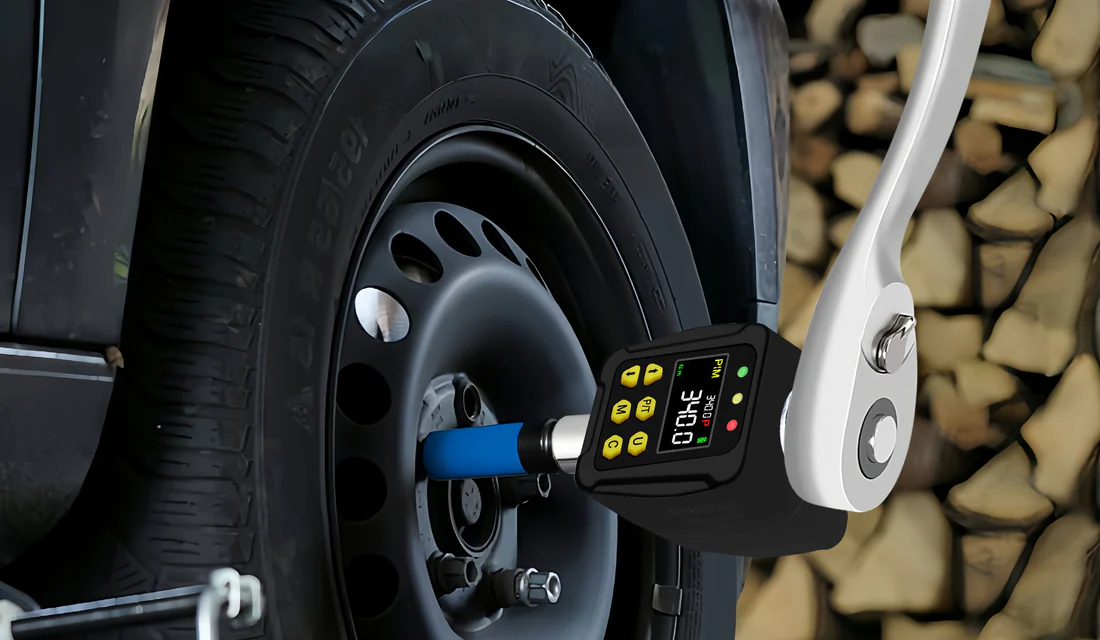
What Is a Digital Torque Tester? A Complete Guide to Its Principles and Applications
What Is a Digital Torque Tester? A Complete Guide to Its Principles and Applications
Introduction
In automotive repair, precision manufacturing, and quality control, torque accuracy is critical. Overtightened bolts may damage components, while undertightened ones pose safety risks. To ensure proper torque control, the digital torque tester has become the go-to tool for professionals and industries. This article explains what a digital torque tester is, how it works, its key advantages, and where it is most commonly used.
1. What Is a Digital Torque Tester?
A digital torque tester (also known as a torque analyzer) is a specialized device designed to test and calibrate torque tools. Unlike traditional mechanical testers, it provides digital readings with higher accuracy and advanced features.
Common uses include:
- Testing the accuracy of torque wrenches, torque screwdrivers, and power torque tools;
- Ensuring tools deliver consistent torque during use;
- Providing traceable data for quality assurance and production control.
2. How Does a Digital Torque Tester Work?
At its core, a digital torque tester relies on strain gauges or force sensors to detect torque. The measured force is converted into an electrical signal, amplified, processed, and displayed digitally.
The process can be summarized as:
Apply torque → Sensor detection → Signal amplification and conversion → Digital display and data logging.
3. Key Advantages of Digital Torque Testers
- High Accuracy: Precision up to ±2% or better;
- Real-Time Display: LCD screen eliminates manual reading errors;
- Data Storage & Export: Record history and transfer via USB or Bluetooth;
- Multiple Modes: Peak mode, tracking mode, preset alarms for flexibility;
- User-Friendly: Easy to operate and calibrate.
4. Applications of Digital Torque Testers
- Automotive Repair: Ensuring proper tightening of engine bolts and wheel nuts;
- Manufacturing Quality Control: Verifying torque consistency on assembly lines;
- Research & Development: Testing materials and fastener strength in labs;
- Aerospace & Medical Devices: Guaranteeing safety where precision is critical;
- DIY & Enthusiasts: Useful for bicycle, motorcycle, and other precision maintenance.
5. How to Choose the Right Digital Torque Tester
- Torque Range: Match the tester to your commonly used torque levels;
- Accuracy Class: Opt for ±2% or better for high-precision industries;
- Functional Features: Consider data export, alarm functions, and operation modes;
- Brand & Support: Choose trusted brands that provide calibration certificates and reliable service, such as Uharbour.
Conclusion
A digital torque tester is more than just a measurement device—it is an essential tool for ensuring torque accuracy and product safety. Whether in an automotive workshop, manufacturing line, or precision assembly, investing in a reliable digital torque tester will make your work more efficient and dependable.
